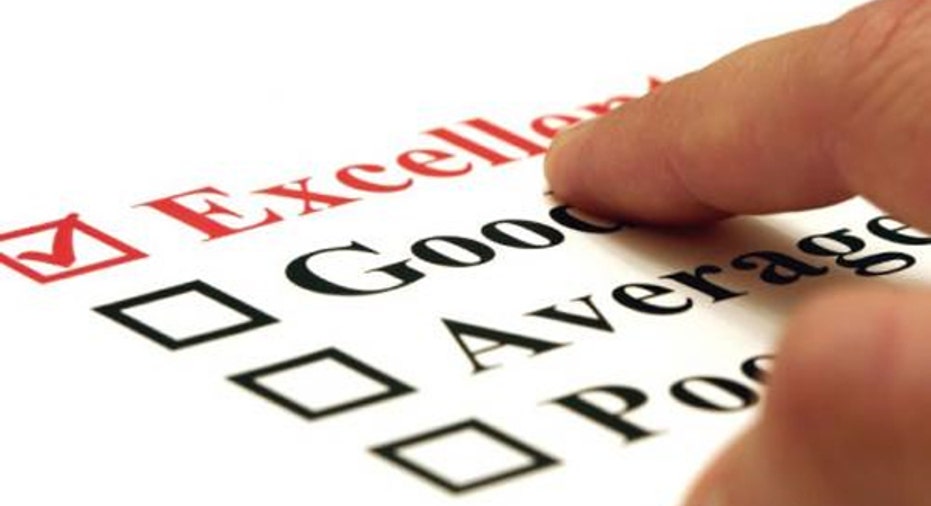Four Reasons to Watch Your Credit Score

If you thought missing a credit card payment was not a big deal -- especially since you made a double payment the next month -- think again.
Missed payments have taken on greater significance these days, as more and more companies -- and even some potential employers -- are now reviewing your credit scores before deciding whether they want to do business with you.
Here are four key things that your credit score can impact today:
- Your insurance rates. Insurers have found links between credit scores and insurance risk, leading some to factor in scores when determining your rates.
- Your mortgage rate. Because of the size of the transaction, variations in your rate can be particularly costly here.
- Your suitability for employment. Some companies are checking the credit history of job candidates before deciding who to hire.
- Your credit card rates. The best credit card rates go to those who need it the least -- those with a low debt-to-credit ratio.
With so many things hanging in the balance, keeping an eye on your credit is as important today as it has ever been.
What goes into your credit score
Most credit scores are based on the model created by FICO (formerly known as Fair Isaac Corporation). It gauges a person's risk of default on a scale ranging from 300 to 850, based on factors such as how many times your credit payments have been late, your debt-to-credit ratio, the length of your credit history, and even how often you submit applications of credit. The lower your credit score, the higher your perceived risk of default.
The median credit score for the U.S. is 711, although an estimated 36 million consumers had a credit score of 800 in 2011, according to FICO estimates published at Bloomberg Businessweek. But in many cases, a score of 750 or above is enough to secure the best interest rates on credit cards and other loans.
Federal laws allow you to get a free credit report every 12 months at AnnualCreditReport.com from each of the three credit reporting companies: Experian, TransUnion and Equifax. While your credit report won't contain your credit score for each bureau, you can learn those numbers by contacting the bureaus and paying a fee for the information.
Fixing a broken credit score
If it seems you need to polish your credit score to qualify for the best interest rates and other perks, it's important that you don't start applying for a raft of credit cards -- especially ones you're not likely to qualify for. Every application triggers a check on your credit, which can cost you a couple of points on your score.
A sound strategy for rebuilding credit should include applying selectively for credit cards, making sure you pay your bills on time, and keeping your balance to a small portion of your total available credit. By following these principles, along with other sound credit-management practices, you can raise your chances that your credit score won't cost you money down the road.
The original article can be found at Money-Rates.com:4 reasons to watch your credit score



















